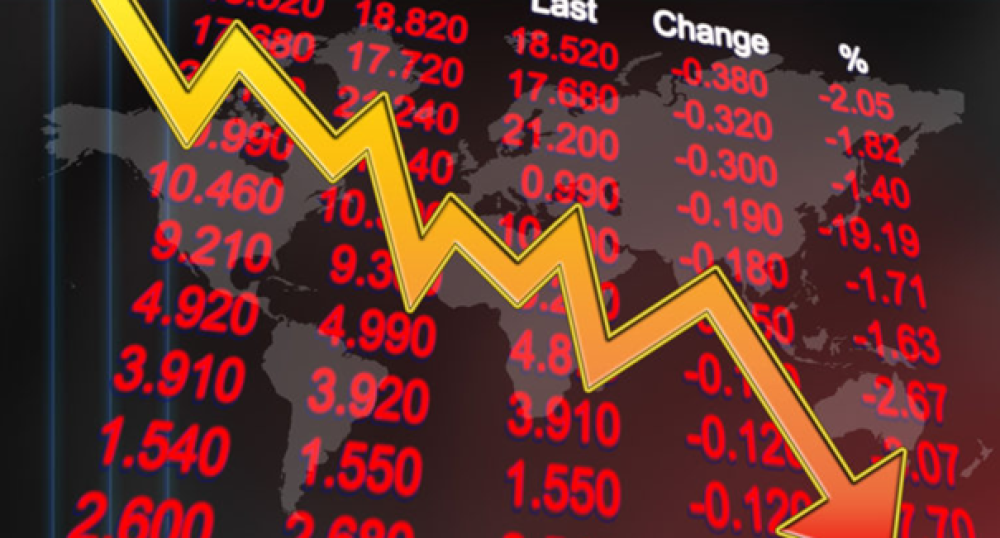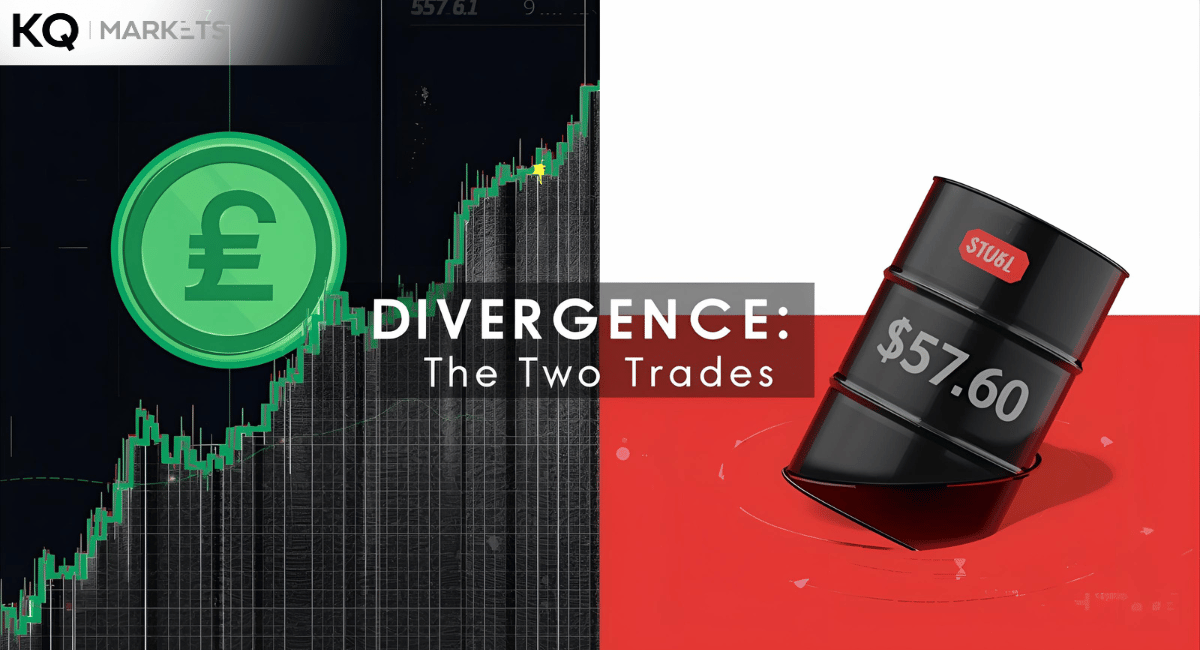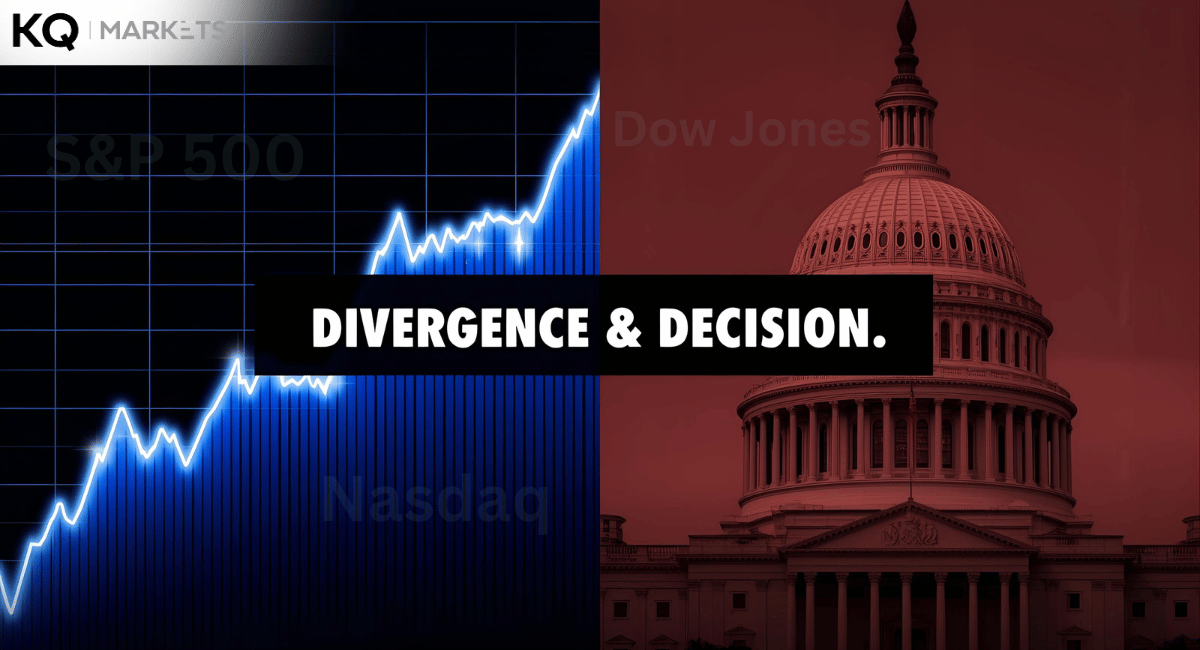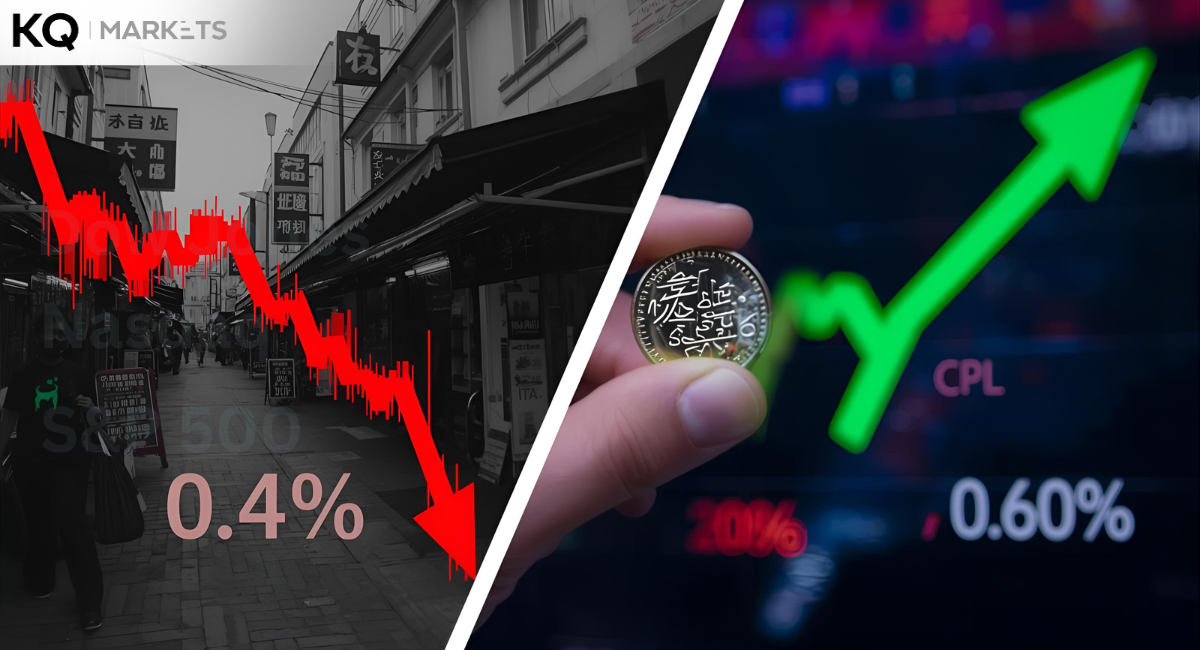US stocks dropped last week to extend a sharp year-end slide while investors limped from a horrific 2022. The GSPC (S&P 500) fell 1.2% after losses emerged near the close. On the other hand, the DJI (Dow Jones Industrial Average) shed 1.1% or 366 points. The tech-heavy ^IXIC (Nasdaq Composite) dropped by 1.4%. In simple terms, losses persisted across the market through Wednesday as equities embarked on a short holiday week.
Meanwhile, the week marked a market period that widely featured a seasonal end-year rally with a downbeat. The S&P 500 marked a 0.4% drop, and the Dow Jones Industrial Average closed by about 0.1% over the flatline. TSLA (Tesla shares) clawed back about 3.3% on Wednesday. It snapped a selloff in seven days, dropping the stock to 70% from an all-time high in November 2021.
In any case, the decline at Tesla might intensify due to developing concerns about Elon Musk’s Twitter social media management. Market observers have predicted that the electric car making company might reduce its output at the Shanghai factory. Besides, the company opted to suspend production in the region due to the rising concerns over Covid-19 infections. AAPL (Apple) stock tumbled by 3% to fall below the $130 critical technical level.
For the most part, global and US stocks head for the worst collapse since the 2008 financial crisis. Distrust over the economy and financial markets outlook subjected stock prospects to a seasonally end-year wrench. The distrust results from fears of a recession and a backdrop of rising interest rates. Overall, investors’ cautiousness moving into 2023 has outweighed China’s move to lift travel restrictions.
China is the world’s second-largest economy that seeks to reopen from a three-year zero-covid-19 protocol. Experts say that the concern is not on the speed of China reopening anymore. The crisis has shifted to how quickly the economy will implement the policies necessary for controlling the virus. China has not attained the peak of its Covid-19 cases and might record worse reports in the coming days.
Yet, the country must overcome the pandemic's peak to embark on economic recovery. Oil dropped by 1.2% after China's rising demand expectations as it loosened the restrictions. The country has also reopened some of the US refineries. Above all, the treasury yields charged a bit higher, while the 10-year note led by 3.8. The United States Dollar index also rose.
Thank you for your attention and stay tuned for the most recent financial market changes. KQ Markets also provides an opportunity to open a free demo trading account. One can also start trading journey by learning to trade and practise at demo account. You can also direct access economic calendar here for free.
Read Also:
UK Announces Major Overhaul of Its Financial Sector
Stocks Continue Year-End Slide, Tesla Snaps 7-Day Losing Streak





